Raw Vegan vs. Cooked Vegan: A Dietary Showdown
Introduction
The rising trend of veganism has led to an exploration of various subcategories within the diet, with raw veganism and cooked veganism being two prominent paths. Both diets emphasize plant-based foods and exclude animal products, but they diverge significantly in their approach to food preparation. This article delves into the raw vegan vs. cooked vegan debate, examining the benefits and drawbacks of each to help you make an informed dietary choice.
Understanding Raw Veganism
Raw veganism is a plant-based diet that prioritizes the consumption of raw and unprocessed foods. Adherents believe that cooking food destroys vital nutrients and enzymes necessary for optimal health. Typically, raw foodists consume fruits, vegetables, nuts, seeds, and sprouted grains, all of which are either uncooked or heated to temperatures below 118°F (48°C).
Benefits of Raw Veganism
1. **Nutrient Density**: Raw foods are often rich in vitamins, minerals, and antioxidants because they are free from the nutrient losses that can occur during cooking.
2. **Enzyme Preservation**: Raw foodists argue that enzymes in raw foods aid in digestion and are destroyed when heated. This is believed to enhance digestive efficiency and nutrient absorption.
3. **Weight Management**: A raw vegan diet is typically low in calories and high in fiber, which can lead to weight loss and improved metabolic health.
4. **Improved Skin Health**: Many raw vegans report clearer skin, attributing this to the increased intake of raw fruits and vegetables, which are rich in skin-friendly nutrients.
Drawbacks of Raw Veganism
1. **Nutrient Deficiencies**: Without careful planning, a raw vegan diet can lead to deficiencies in essential nutrients like vitamin B12, iron, calcium, and omega-3 fatty acids.
2. **Digestive Issues**: Some individuals may experience digestive discomfort due to high fiber intake or the presence of anti-nutrients in raw foods, such as phytic acid, which can hinder mineral absorption.
3. **Limited Food Choices**: The restriction to raw foods can limit culinary variety and make dining out challenging.
4. **Time and Effort**: Preparing raw vegan meals often requires significant time investment in activities like sprouting, soaking, and dehydrating.
Understanding Cooked Veganism
Cooked veganism encompasses all plant-based foods, with no restriction on cooking methods. This approach allows for a broader range of culinary techniques and food options, including grains, legumes, and cooked vegetables, making it more accessible and diverse in flavor and texture.
Benefits of Cooked Veganism
1. **Nutritional Variety**: Cooking can increase the bioavailability of certain nutrients. For example, cooking tomatoes boosts the levels of lycopene, an antioxidant linked to various health benefits.
2. **Digestive Ease**: Cooked foods are often easier to digest, as the heat breaks down fibers and complex carbohydrates, making nutrients more accessible.
3. **Expanded Food Options**: Cooked veganism offers a vast array of food choices, enabling greater culinary creativity and satisfaction.
4. **Social Flexibility**: This diet is generally more compatible with social dining scenarios, as most restaurants can accommodate cooked vegan options.
Drawbacks of Cooked Veganism
1. **Nutrient Loss**: Some vitamins, particularly vitamin C and certain B vitamins, can be diminished during cooking.
2. **Potential for Unhealthy Choices**: The wide range of processed vegan foods available can lead to consumption of items high in sugar, salt, and unhealthy fats.
3. **Digestive Sensitivities**: Some individuals may experience digestive issues with certain cooked foods, particularly if they are sensitive to specific cooking oils or methods.
Raw Vegan vs. Cooked Vegan: Nutritional Comparison
The nutritional profiles of raw and cooked vegan diets can vary significantly, depending on food choices and preparation methods. Here, we explore how each approach affects nutrient intake.
Vitamins and Minerals
Raw foods often retain higher levels of water-soluble vitamins, such as vitamin C and folate, due to the absence of heat. However, cooking can enhance the bioavailability of fat-soluble vitamins like vitamin A, E, and K. Minerals such as iron and calcium can be more accessible in cooked forms, as heat reduces the impact of anti-nutrients.
Proteins and Amino Acids
Both diets can provide sufficient protein if well-planned. However, cooked vegan diets may offer more protein variety with legumes and grains being easier to digest and more palatable when cooked.
Fats and Oils
Raw vegan diets typically focus on whole food sources of fats, such as avocados and nuts, while cooked vegans might include plant-based oils. Moderation is key for both approaches to ensure a balanced intake of healthy fats.
Health Implications: Raw Vegan vs. Cooked Vegan
The health outcomes of raw versus cooked veganism can depend on individual health goals, lifestyle, and personal preferences.
Weight Management
Both diets can contribute to weight loss and maintenance, though raw veganism might lead to more rapid weight loss due to its lower calorie density. Cooked veganism, with its broader food choices, may be more sustainable in the long term.
Chronic Disease Prevention
Both diets emphasize plant-based foods, which are linked to reduced risks of chronic diseases such as heart disease, diabetes, and certain cancers. The choice between raw and cooked veganism should focus on nutrient diversity and overall dietary balance.
Practical Considerations: Lifestyle and Sustainability
Choosing between raw and cooked veganism often comes down to personal lifestyle preferences and environmental considerations.
Convenience and Accessibility
Cooked veganism generally offers more convenience, especially for those with busy lifestyles. Raw veganism, while rewarding, requires more preparation time and access to fresh produce.
Sustainability
Both diets are environmentally friendly compared to omnivorous diets. However, raw veganism may have a higher reliance on imported fruits and specialty products, potentially impacting its sustainability.
Conclusion
The raw vegan versus cooked vegan debate ultimately boils down to individual preferences, health goals, and lifestyle. Both diets offer unique benefits and potential challenges. A balanced approach, perhaps incorporating elements of both raw and cooked foods, may offer the best of both worlds, aligning with personal health objectives while ensuring nutritional adequacy. As with any dietary choice, it’s essential to plan carefully and seek professional guidance to ensure all nutritional needs are met.




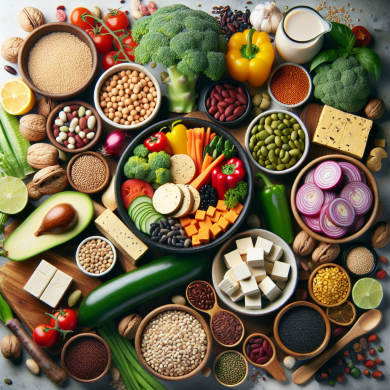
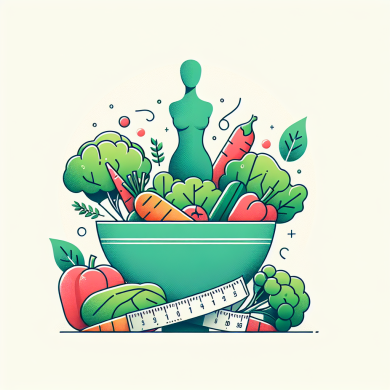
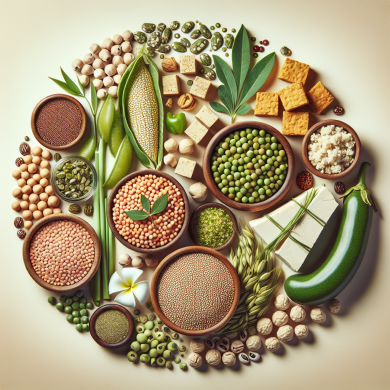
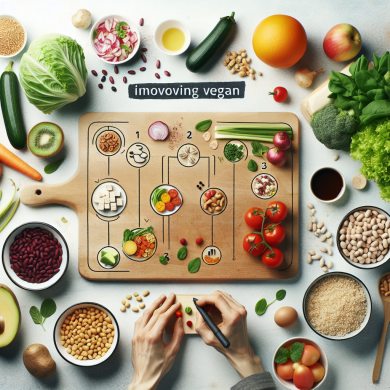
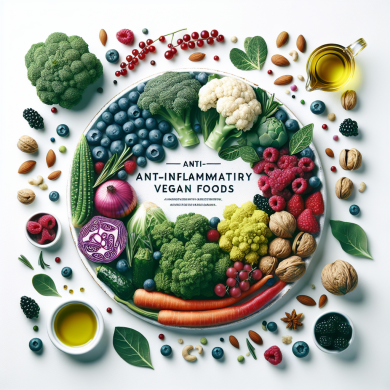






Add comment